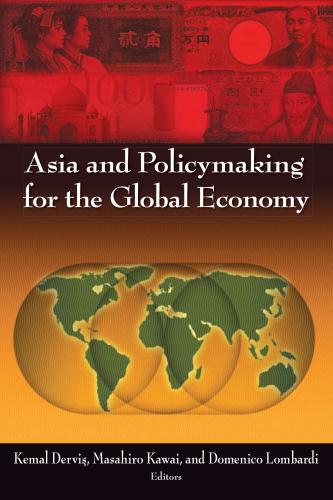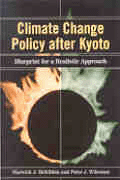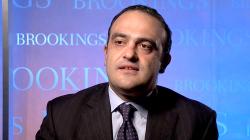


Book
At the apex of the euro area crisis, the Europeans have established a temporary regional fund (EFSF) and will soon set a new, permanent regional institution (ESM). In Asia, policymakers have been considering ways to strengthen their own financial arrangements to more effectively enable their region to cope with market pressures.
While financial regionalism has become an increasingly important area in the field of international financial relations, it is not clear to what extent these regional initiatives could compete (if at all) or complement the mission that the International Monetary Fund discharges in the global financial system.
Against the backdrop of the global economic crisis and the ongoing euro crisis, a leading team of authors in Financial Regionalism and the International Monetary System envisage how regional financing arrangements will affect not only regional members within Asia, Europe, the Persian Gulf, or Latin America but also the global financial architecture as a whole.
Financial Regionalism and the International Monetary System offers a touchstone for international and domestic policymakers, academics, and global experts by:
Contributors include:
Related Books

Kemal Derviş, Masahiro Kawai, Domenico Lombardi Haruhiko Kuroda
April 14, 2011

Warwick J. McKibbin, Peter J. Wilcoxen
December 16, 2002

Suman Bery, Barry P. Bosworth, Arvind Panagariya
October 1, 2007
Authors

